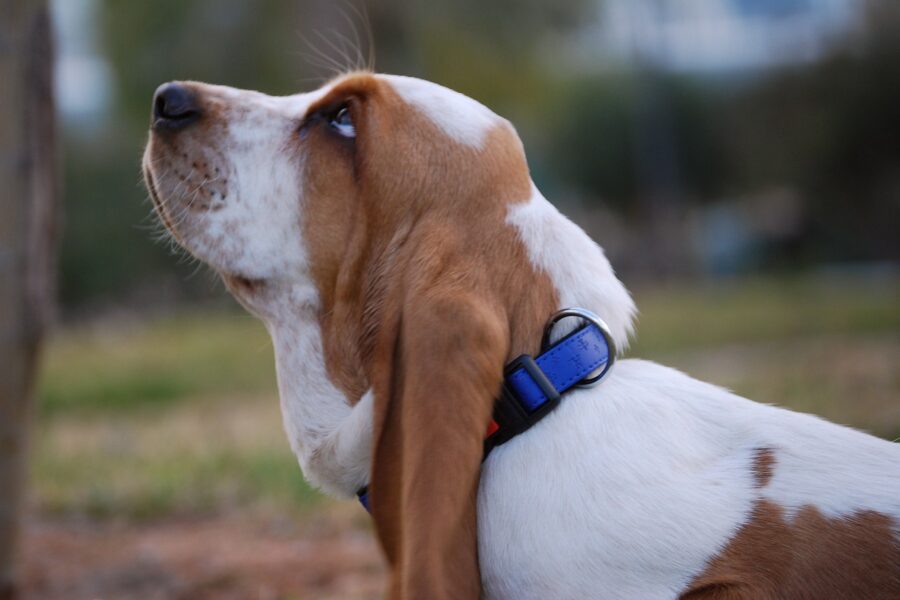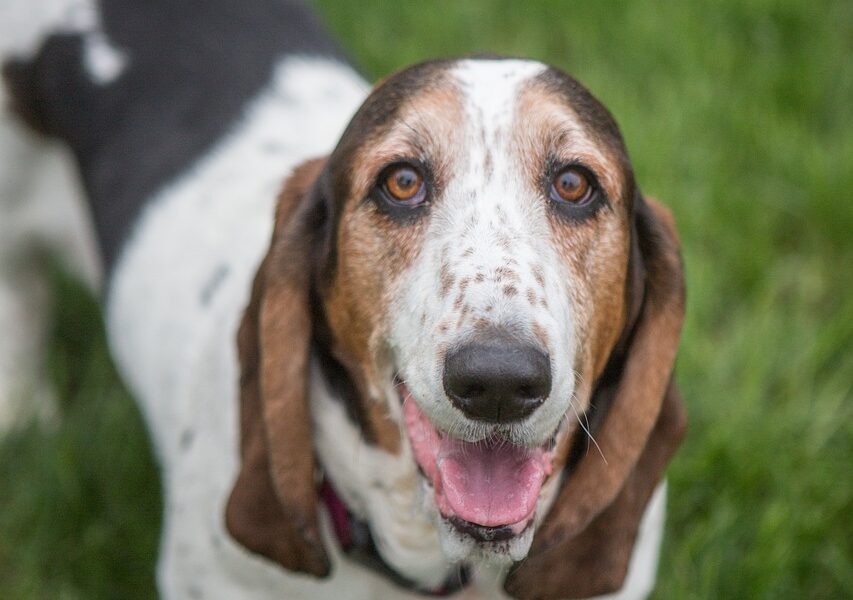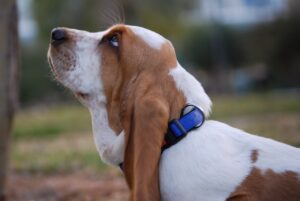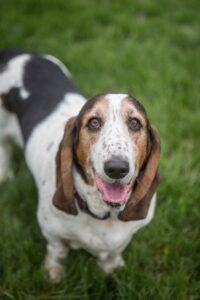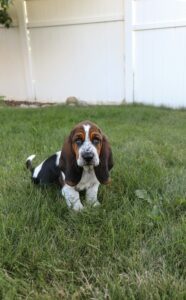If you are a Basset hound owner, a time will come when you will wonder what age is best for him to get neutered. It’s not easy to come to this decision on your own because you don’t know if your Basset hound is too young or too old to undergo this surgery. That’s why I did some research and gathered enough information to provide a guide for you.
Best Age to Neuter a Basset Hound
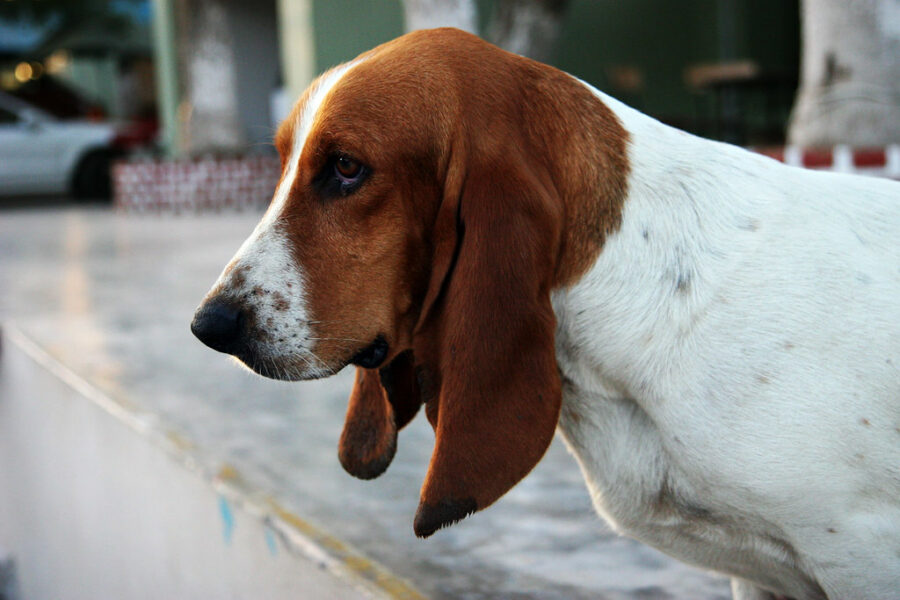
The best age to neuter your Basset hound is between four and twelve months of age. You could neuter your Basset hound even when he is an adult, but it’s best if done before he becomes sexually mature. The neutering operation will have impacts on your Basset’s behavior and health and leave them at less risk for various health disorders.
Throughout your Basset’s life, you as an owner will be put a lot in situations where you have to decide what’s best for your dog. This is especially tricky when it comes to the topic of neutering. This can be a tough call to make since neutering has its fair share of pros and cons. Since neutering your Basset hound is simply up to you, you should be educated on the subject beforehand.
Things To Expect From The Neutering Surgery
- Your Basset hound will be put under by injection or inhalation during the surgery and he won’t feel any pain.
- If needed, an EKG machine or a breathing monitor will be used to follow the breathing intervals and heartbeats of your Basset hound.
- The incision will be closed by applying absorbable stitches, surgical staples, or skin glue. The choice will depend on the age and size of your dog.
- If your pup’s testicles have dropped, the incision will be made in the scrotal sac. If not, an incision on the stomach may be needed.
- The incision on the adult dogs is made on the base of the penis in front of the scrotum.
- The recovery from the neutering surgery is usually 10 to 14 days.
How To Care For A Basset Hound After Neutering Surgery
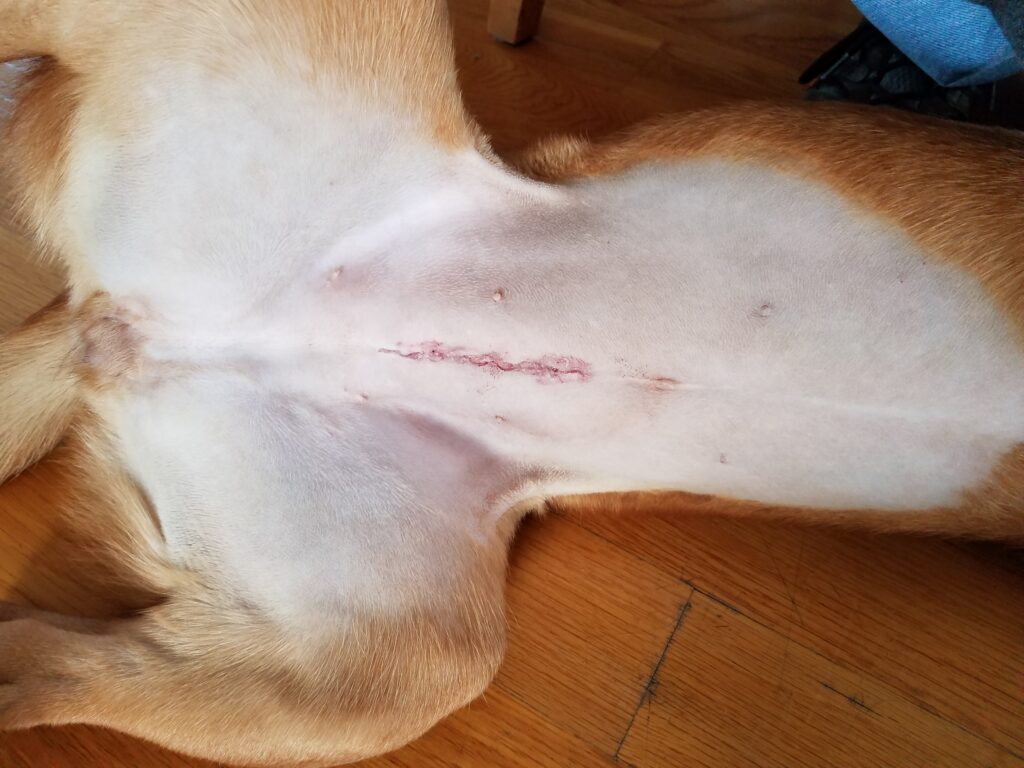
- Depending on how your Basset hound reacts after he is given anesthesia before the procedure, the vet will either release him the same day or keep him overnight until the anesthesia wears off completely.
- Once you take your Basset hound home after the neutering surgery, you need to limit the activity levels for the next few days. Since Bassets enjoy laying around the house, this won’t be such a hard task.
- Perform visual inspections on the surgery site a couple of times a day. Look for any swelling, redness, or pulled stitches. If you notice any developing problems, make sure to contact your veterinarian.
- Basset hounds are low to the ground. Make sure they don’t go to play outside and risk getting the wound infected. Bandaging the incision will help keep it clean, but you shouldn’t keep the bandage on at all times. Ask your vet how to clean his wound if it gets dirty by accident.
- Your veterinarian might prescribe some antibiotics as a precaution. Make sure to follow the schedule and always give your Basset hound his medication on time.
- If you have any kids, let them know that they shouldn’t play with the puppy in the next few days. Instead, encourage them to pet the Basset and give him verbal praise as he might be feeling some discomfort.
- Make sure that your Basset hound is comfortable and the room temperature is fine. If by any chance your dog starts to sweat, the incision site might get infected from the sweat.
The Pros and Cons of Male Basset Hound Neutering
Pros of Neutering
- A reduced amount of testosterone makes your puppy less dominant and less aggressive.
- The tendency to fight other dogs will be reduced.
- Overall calmness. Some Bassets experience heat that causes them to become overexcited and wander off to search for a mating partner.
- Prostate-related health conditions are significantly reduced.
- Neutering can solve urinating difficulties caused by an enlarged prostate.
Cons of Neutering
- The behavioral change of your Basset hound is not guaranteed because they have behavior that goes beyond hormones.
- Neutering surgery may cause urinary incontinence. Although it doesn’t happen very often, there is still a small chance of it happening to your dog.
- If the surgery is done before your pup’s bladder is fully developed, as your dog grows older their muscles can get weak and occasional leaks may occur.
- Neutering may affect the texture of your Basset hound’s coat because the surgery is initiating hormonal change.
- Sensitivity to cold or hot temperatures may increase.
- Puppies younger than 12 months have an increased risk of hypothyroidism, cognitive impairments, osteosarcoma, and orthopedic disorders.
Neutering Related Questions
How long does it take for a male Basset hound to recover from neutering? The recovery time from neutering surgery is 14 days on average if the incision is kept clean and no infections appear. If the incision site gets affected for some reason, the recovery time can take up to a month.
Will my Basset hound change after being neutered? Basset hounds usually change after the neutering surgery. These changes consist of changes in the color of their coat and some of their behavioral characteristics. There are some cases where the Basset hound doesn’t change at all after being neutered.
How long does my Basset hound have to wear a cone after being neutered? If the incision site is healing as it should, you should keep the cone on your Basset hound for at least 14 days. If some complications arise with the incision site, the cone will have to stay on for a longer period of time.


